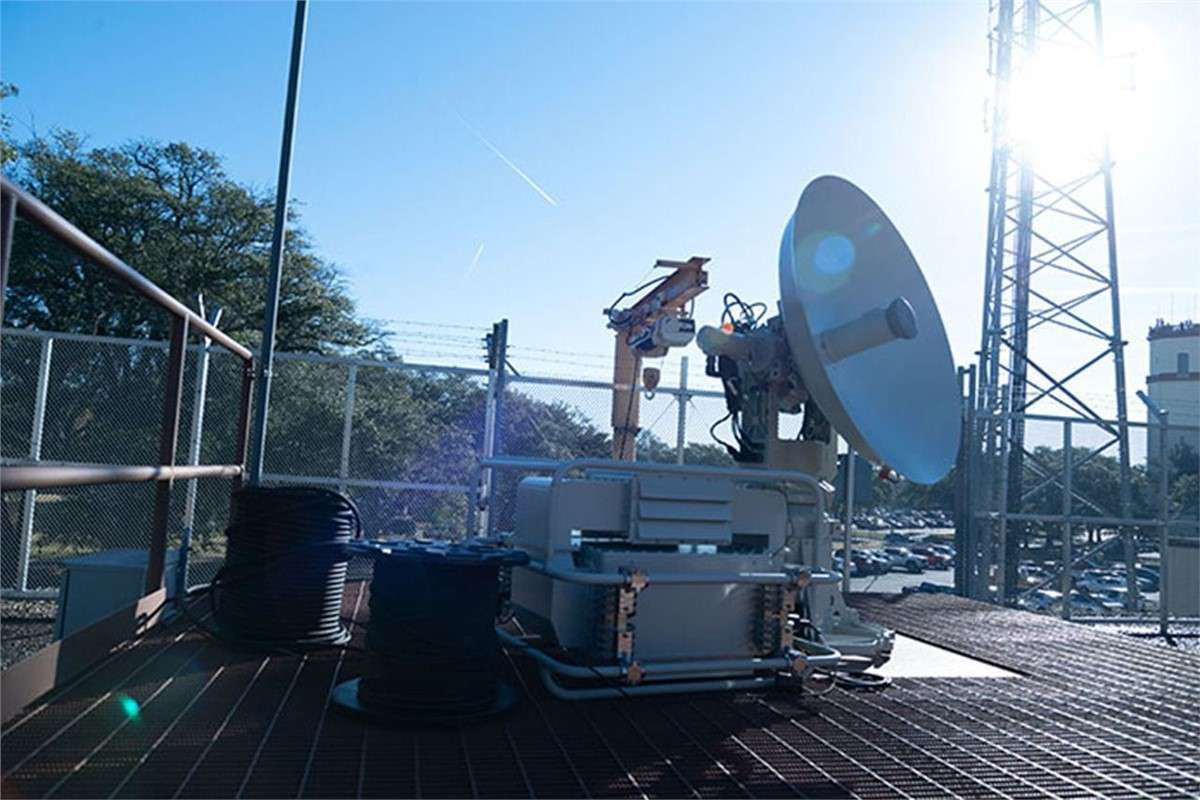
Raytheon Intelligence & Space, a Raytheon Technologies business, recently delivered the Initial Operating Capability for the Global Aircrew Strategic Network Terminal system, or Global ASNT, to the U.S. Air Force.
Global ASNT ensures robust communications to nuclear bomber, missile and support aircraft crews in austere environments. The Global ASNT capability will be critical to enable joint connectivity in the highly contested battlespace, supporting the U.S. Department of Defense’s vision for Nuclear Command, Control, and Communications, or NC3, and Joint All Domain Command and Control, also known as JADC2.
“Ensuring these critical protected communications capabilities support NC3 and longer-term JADC2 missions is critical to our national security,” said Denis Donohue, president, Surveillance and Network Systems at RI&S. “Our investments in the NC3 mission are delivering direct benefits to the troops and Global Strike Command. We’ve delivered and installed more than the four systems required for IOC and have provided training to support the customer’s IOC decision.”
The resilient communications capability brought by Global ASNT will enable the U.S. Air Force to operationalize joint warfighting by securely sharing data in highly contested environments. JADC2 is the DOD’s vision for a future command-and-control network that will connect the battlespace across every domain – sea, air, land, space, cyber and the electromagnetic spectrum. RI&S is contributing its multi-domain footprint of capabilities in space systems, resilient communications, sensors, AI/ML, and mission software to enable DOD’s JADC2 architecture.
RI&S has invested millions on infrastructure and capabilities to support the NC3 mission on Global ASNT by:
- Building, testing, delivering, and installing both fixed and transportable Global ASNT terminals and spares sets.
- Training more than 100 people, including operators and maintainers.
- Establishing Contractor’s Inventory Control Point (C-ICP) to manage depot operations centrally during Interim Contractor Support (ICS) period.
- Providing help desk support to fielded and deployed operators and maintainers.
- Continuing to deliver and install terminals and offering training weekly.
- Establishing classified labs and classroom spaces.
Primary work locations for this effort are in Florida and Massachusetts, with major suppliers in California, Pennsylvania and Texas. The balance of nearly 250 suppliers supporting the program are spread across the U.S.








Be the first to comment